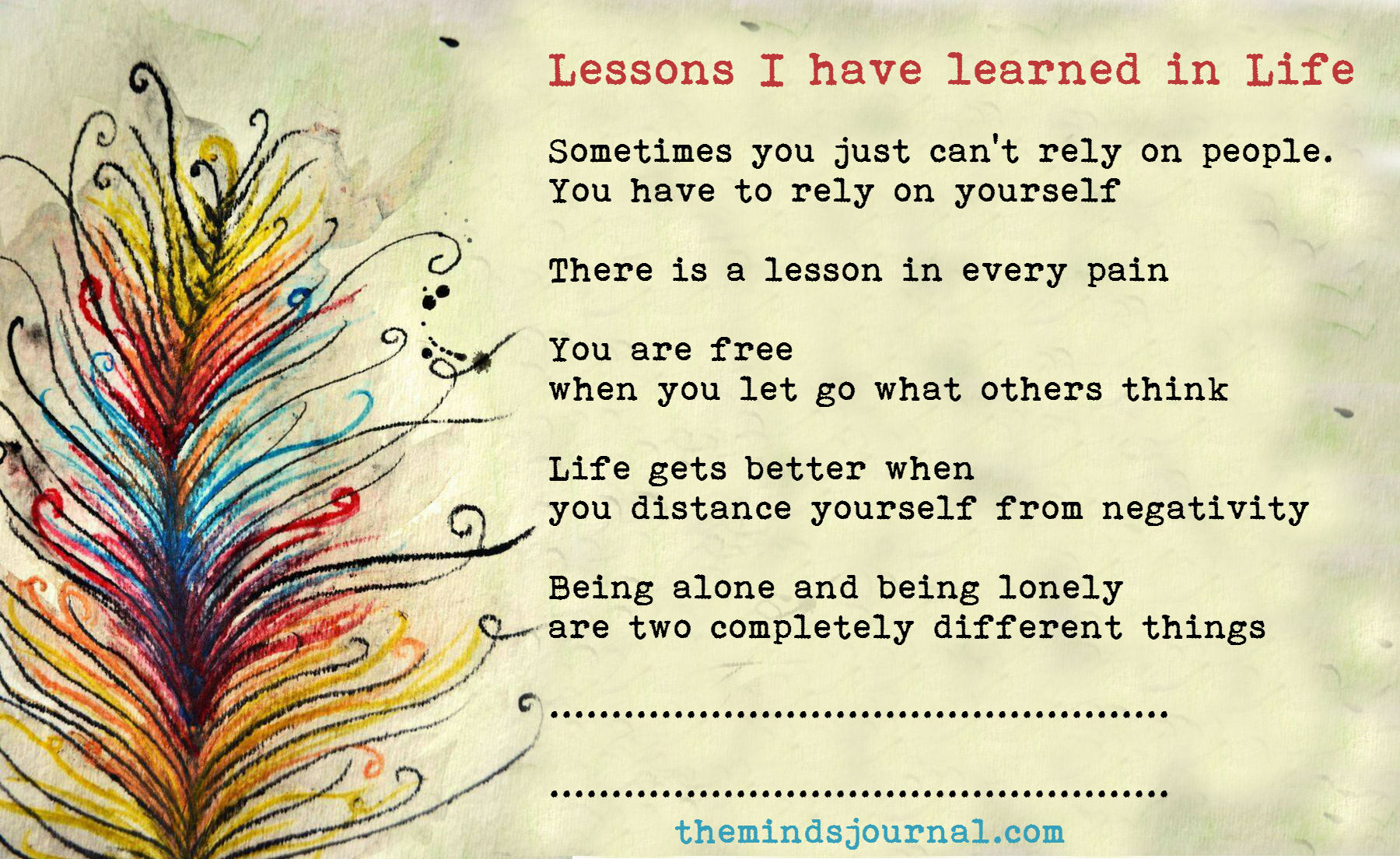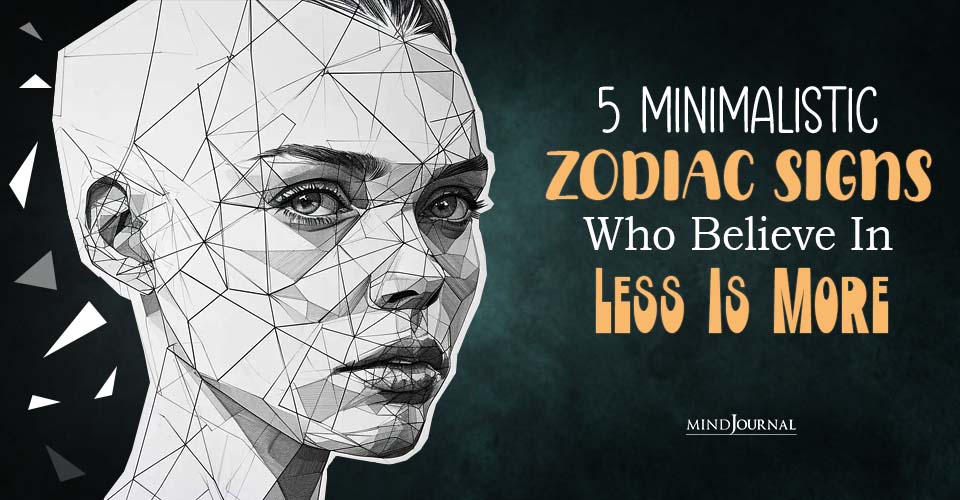What Types of Attachments Do You Carry? For an Involution of consciousness to occur within us, it’s essential to discover what our strongest attachments are in this world. In my own journey so far, I’ve discovered three main types of non-attachment, that bring peace and joy to our lives once we’ve managed to master them.
It was 4 in the afternoon. My bedroom looked as though it had been attacked by a gang of hungry 2 year old’s. My living room was the perfect replica of a WWII invasion. And my draws, cupboards and wardrobes were over-flooding with underwear, clothing, food wrappers, and the most bizarre pieces of memorabilia known to man.
Suddenly, at that moment, I decided that I didn’t care if all my possessions were to burn in a fire. It would probably be quite liberating, and besides, even the mere thought brought a momentary mental release.
Related: Equanimity In Buddhism: Understanding The Fourth Kind of Love
That was all I needed.
In that hour I decided to change something small about my chaotic and crowded environment. I started sorting through my clothing and shoes, discarding or donating what was unnecessary or superfluous. I also started reading up on minimalism, and the Buddhist principle of non-attachment and realized to my equal dismay and delight that I had only scraped the surface of living a free, unfettered existence.
THE FISH AND THE LEECH
There appear to be two different kinds of people in the world: the fish and the leech.
The fish are rare people who drift along within the currents of life with no resistance. The leech on the other hand, are people who resist life. They take without giving, and attach themselves savagely to persons, beliefs and possessions relentlessly. These people are extremely common, existing within every continent and every country in the world.
The truth is, most of us have an inner leech waiting to latch onto whatever brings us the most security, comfort or pleasure. The key is to discover the secrets of the carefree Fish in order to stop ourselves from perpetuating our pain, and the pain of others.

THE 3 KINDS OF NON-ATTACHMENT
For an Involution of consciousness to occur within us, it’s essential to discover what our strongest attachments are in this world. In my own journey so far, I’ve discovered three main types of non-attachment, that bring peace and joy to our lives once we’ve managed to master them.
1# MATERIAL NON-ATTACHMENT
It’s no wonder that many of the sages and spiritual masters of the world were sojourners for most of their lives, having little food or money and certainly no lands or property to claim as their own.
Of course, ascetics like Lao Zi and Francis of Assisi are extreme examples of non-attachment, ones that it’s not really realistic or necessary for us to aspire to. Nevertheless, their behavior points to a higher truth: that material possessions are meaningless and transient. The more you have physically, the more you have to lose, and thus, the more you have to worry about.
When our happiness and security lies in the external world of objects and things, we are in constant peril. At any moment our houses could burn down, our treasures could be stolen, our bank accounts could be hacked, our businesses could go bust. Attachment to the material world is like building a fortress on shifting sands: your house is bound to crumble and fall one time or another.
Related: How To Find Happiness By Living In The Present Moment
If you’re a Material Leech you:
- Love the prestige of having a stylish house, designer car, fancy clothing and other items that indicate how wealthy and successful you are.
- Gain your self-esteem and happiness from material possession. E.g. You love having the latest iPhone. Without it, you would feel outdated and a bit of a loser.
- Dream about living in a better house, having a better kitchen, a more expensive surround sound system, a larger pool, renovating the garden, and so forth. You gain a lot of pleasure from these daydreams.
- Shopping sprees make you excited. You love bringing back bags of clothing, accessories, shoes and other household items.
- You can’t stand the thought of losing all of your possessions in a natural disaster. You would be traumatized.
- You feel as though you couldn’t do without certain items or luxuries.
- You feel as though insuring your possessions is essential for your well-being. You want some kind of monetary reimbursement if you lose something … to buy it back again.
- You love surrounding yourself with beautiful furniture, linen, paintings, etc. It’s absolutely necessary to enhance your quality of life and your well-being.
- You’re really upset or annoyed when something you want discontinues or sells out.
Related: Detaching: How To Let Go with Love
2# PERSONAL NON-ATTACHMENT
Also known as detachment, personal non-attachment is the ability to coexist with other people without using them as a means towards an end. In other words, personal non-attachment is not needing anyone for love, acceptance, or validation.
Unfortunately, many of us unwittingly fall into the trap of using other people to create our happiness. This is also knows as conditional love, as a person loses their value to us once they cease to be a source of comfort in our lives.
The person who has developed non-attachment, on the other hand, gains their love, acceptance and validation from themselves, rather than from others. Thus, they are able to love unconditionally regardless of what role the person plays in their lives.
Related: 10 Skills You Need To Live A Happy Life
If you’re a Personal Leech you:
- Emotionally distance or completely cut off someone from your life once they become problematic, or cease to be a source of personal validation for you.
- Feel lost and alone without the support of a loved one.
- Feel emotionally and psychologically harmed when a loved one stops loving you.
- Hold grudges and find it hard to forgive people who have hurt you, who were once close to you.
- Are needy and clingy. You fail to provide your loved one with the freedom they need to thrive. You need their attention to be mentally sound.
- Are manipulative. You can be deliberately or unconsciously self-destructive in order to gain attention, love and affection.
3# THOUGHT NON-ATTACHMENT
Perhaps the most insidious of all, thought attachment can destroy physical, emotional, psychological, interpersonal and societal well-being in the blink of an eye.
When we attach ourselves to a belief, expectation, preconceived notion or idea – especially if these are negative or harmful – we in a sense walk around with a loaded gun. Eventually, we end up shooting ourselves, and others, with our thought attachments.
When we attach ourselves to a thought, we do so because they bring us either comfort, ego justification or a sense of order and security. For instance, many of us possess thought attachments like: “I’m always like this. I can never change”, “Those people are all a bunch of idiots/thugs/thief’s/liars, etc.”, “I have found the truth! I’m right and they’re all wrong”, “My life should be like this _________”, “It will always be this way. It will never change”.
Thought Leeches tend to use extremist language, canceling out all other perspectives or possibilities and creating psychological and emotional tension, harm and limited perception. The vocabulary of the Thought Leech usually includes words and phrases like “should”, “right/wrong”, “good/evil”, “always”, “never”, “forever”, “they are all”, “you are all”, “I am always”, “they are always”, “you are never”, “they are never”, and so forth.
Thought non-attachment, on the other hand, observes a thought, but does not identify with the thought, and therefore does not attach to the thought. This experience is usually developed by quieting the mind, such as in the practice of meditation, where one learns to instill a greater clarity of mind within themselves. Thus the non-attached person knows that they’re not their thoughts, which are passing and transitional.
Thought non-attachment allows us to be liberated from the narrow cycles of thought that we become trapped in, to a more expansive and open-minded perception of the world.
Related: How To Make Peace With Desires
So, if you’re a Thought Leech, you:
- Tend to try and “figure everything out”.
- You believe certain cultures or groups of people are all alike.
- You’re quite hard and judgmental towards yourself, and thus are hard and judgmental towards others.
- You stereotype people easily.
- You believe people and situations are either entirely good, entirely bad, entirely right, or entirely wrong.
- You tend to see the world in black and white, e.g. something or someone is always like this, or never does that.
- You often get lost in your head. Your thoughts seem to possess you.
- You feel controlled by your thoughts: they can make you sad, bitter, angry, jealous etc.
By Aletheia Luna
Originally appeared on Lonerwolf











Leave a Reply